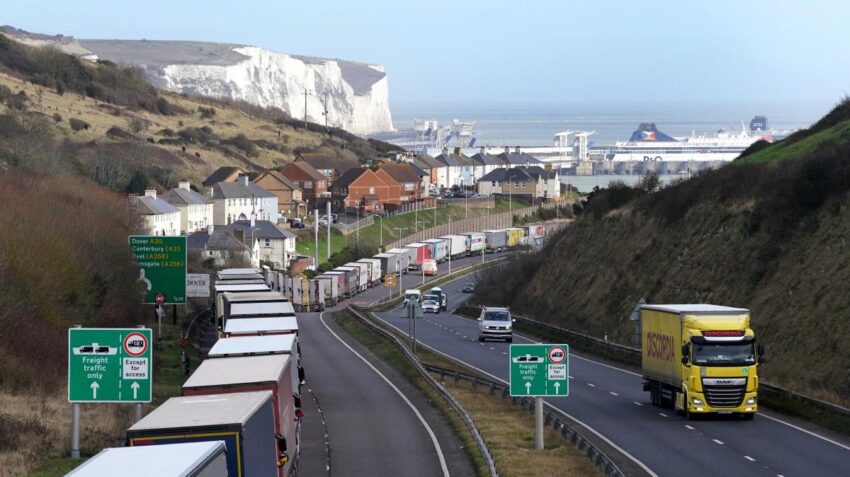British government officials are increasingly concerned in October about potential chaos at ports unless the EU delays its planned biometric travel registration system, which would require facial and fingerprint scans for non-EU nationals.
The European entry/exit system, which will launch on October 6, will require all non-EU travelers to undergo biometric checks. This new scheme, which has been postponed several times since its introduction in 2017, could have significant consequences for British citizens, highlighting the end of free movement.
One of the biggest challenges is the readiness of an app developed by the EU and Frontex, designed to streamline the registration process. The app aims to allow non-EU citizens to register their details before traveling, thus avoiding delays at border crossings.
This new system could also test the British government’s efforts to foster a more cooperative relationship with the European Commission. Prime Minister Rishi Sunak has privately lobbied for British citizens to have full access to the EU’s e-gates, but the proposal has not gained traction.
The EU sees the biometric system as a crucial step to combat illegal migration and ensure that non-EU citizens do not overstay their visas. Additionally, it will reduce the need for passport stamps, simplifying the travel process.
Despite these benefits, the timing of the plan (just three weeks before the October summer holidays) raises concerns about potential disruptions and delays. Travelers will be required to undergo fingerprint checks and facial biometrics upon initial registration, while subsequent visits will only require a facial biometric check at automated gates.
British officials worry that the resulting chaos at key border points, such as Folkestone and Dover, could lead to significant public backlash against the current government, rather than against Brexit supporters within the Conservative Party.
Britain is not against the biometric system in principle and recognizes the need for its implementation. However, there are concerns that a poorly executed rollout would benefit no one. A recent survey by the UK Department for Transport found that 69% of the public were unaware of the scheme, while 15% said it could reduce their travel frequency.
Getlink, the company that operates the Channel Tunnel, is already building multi-million pound processing centers in Folkestone and Calais to meet the new demands. However, the Port of Dover is expected to face the greatest challenges due to its large vehicle volume and limited space.
Roger Gough, leader of Kent County Council, and Doug Bannister, CEO of Port of Dover, have warned the UK government that implementation of the plan could disrupt the UK supply chain.
In addition to the biometric checks, British visitors to the Schengen area will have to apply for an entry permit online by mid-2025. The Schengen area covers most of the EU, with the exception of Cyprus and Ireland, and also includes Iceland, Norway, Switzerland and Liechtenstein.

